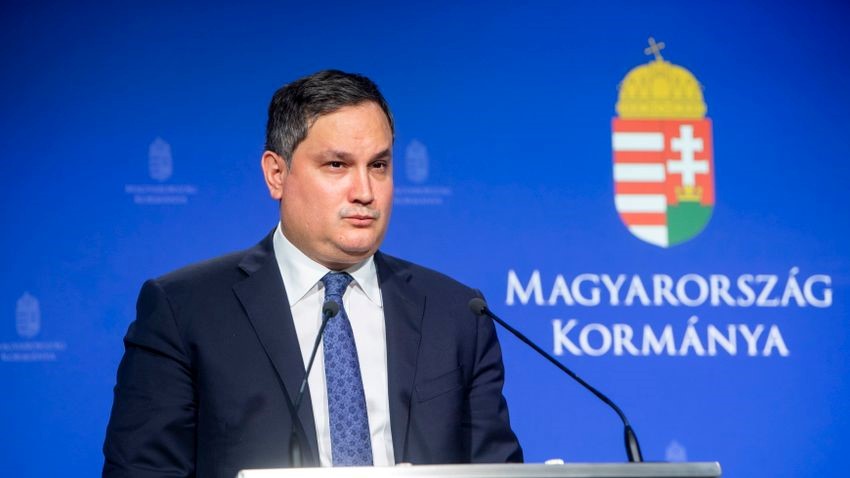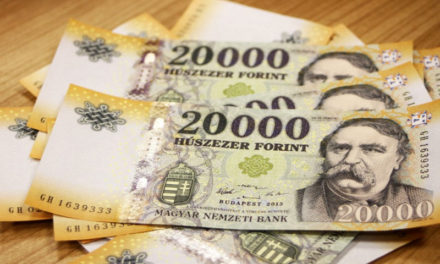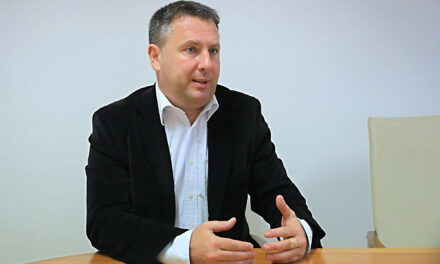The measures of the government's eleven-point action plan and the new loan programs (factory rescue guarantee and loan program) can ensure that recession is avoided in Hungary while maintaining full employment and protecting families; however, in the long term, a new economic strategy model is also needed - emphasized the Minister of Economic Development at the event held on the occasion of the 30th anniversary of Garantiqa Hitelgarancia Zrt.
Márton Nagy said that it will be a difficult year for the leading countries of Europe: the German, Italian and Swedish economies will also go into recession, while in Hungary there will be a slowdown, not an economic downturn. This year's GDP growth of 4.5-5 percent may be followed by 1-1.5 percent growth in 2023, and next year's average inflation may be 15 percent, but by December the rate may slow down to around 7-8 percent, he listed.
Support for energy-intensive SMEs, the continuation of the Széchenyi card program, the factory rescue program, the extension of the interest rate cap, the establishment of a national capital holding, the loan moratorium for agricultural enterprises, the tourism action plan, the reduction of household and small business overheads, the maintenance of the food price cap and the retail interest rate cap, and the student loan interest rate stop make up the action plan - he summarized.
This creates a line of defense and does not allow a recession or the drying up of lending, he emphasized.
He also spoke about the fact that the government orders development banks to participate more actively than before. Both EXIM and MFB are carrying out capital increases of 100 billion, these are for new loan programs; EXIM's capital increase will mean a new loan program worth HUF 500-600 billion at 5 percent forint interest and 3.5 percent euro interest, for a maximum of eight years.
In the long term, a new economic strategic model is needed, because the geopolitical tensions and the energy crisis pose a challenge for Hungary, for which a new model can provide a solution, he said, adding that they set out to strengthen the capital-attracting capabilities of the economy and help the domestic industry and SME sector.
International companies are choosing a new global foreign direct investment (FDI) strategy, so they have to fight for capital, and in addition to attracting it, they also have to pay attention to retention, he pointed out. He also called the protection of domestic sectors important, as well as helping the food industry, the chemical industry, the pharmaceutical industry, and the production of raw materials for the construction industry is a priority, he said, indicating that more attention is being paid to the insurance market in the meantime.
Source and featured image: Magyar Nemzet













